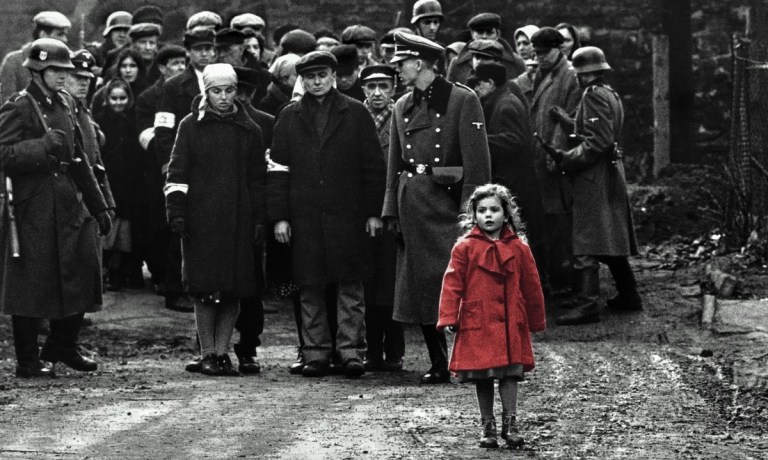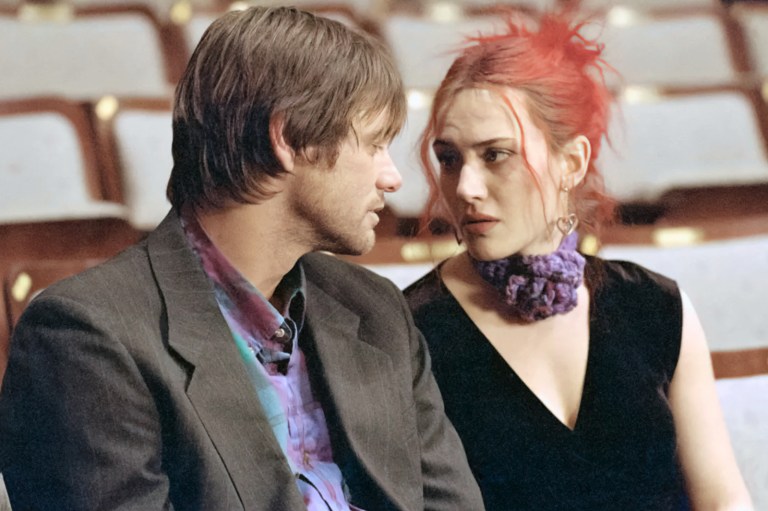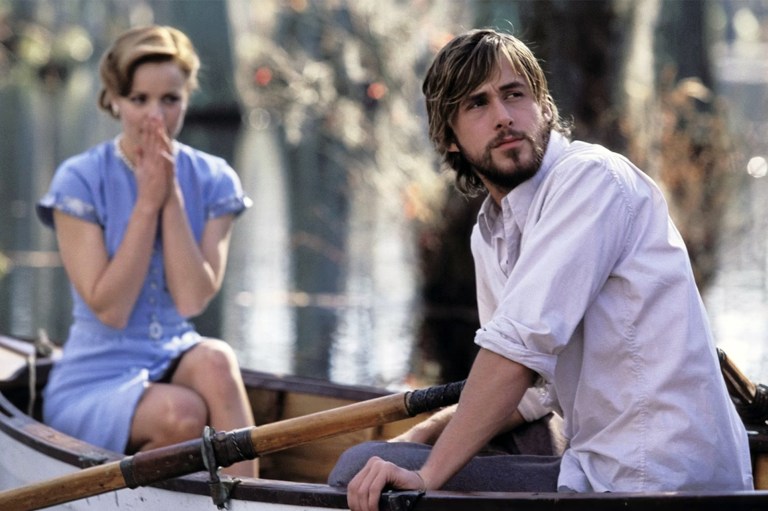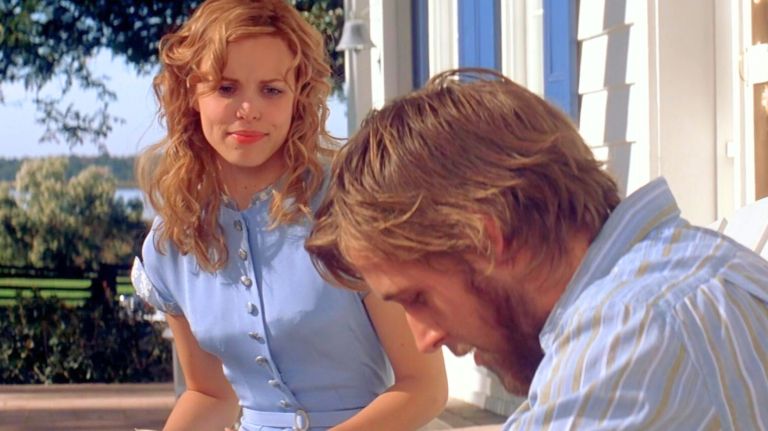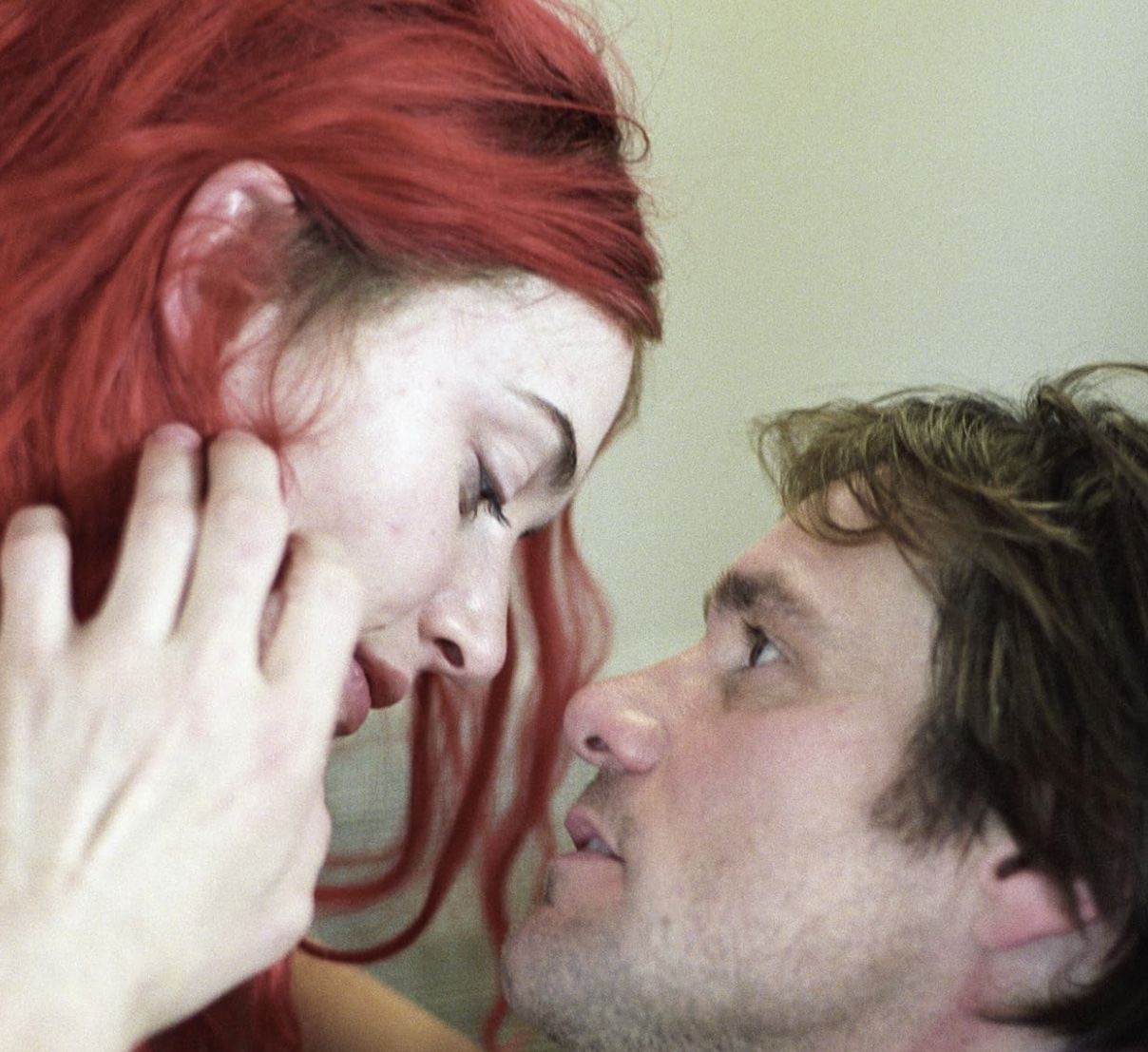
20 Years Later, ‘Eternal Sunshine of the Spotless Mind’ Should Be Your Valentine’s Day Pick
Quick! You can only pick out one movie for Valentine’s Day this year. What will it be? Maybe a tried-and-true classic like 10 Things I Hate About You? Or maybe something a bit more offbeat, like The Big Sick? Or maybe you just want to watch the latest sleeper hit, Anyone But You, to get your Sydney Sweeney fix.
Whatever the case may be, you probably don’t immediately think of Eternal Sunshine of the Spotless Mind. But hear us out: It might be your best bet.
20 years after its March 2004 premiere, Eternal Sunshine is an enduring cult hit for several reasons. There’s that title, for starters. Who could forget such a mouthful? (It’s pulled from an 18th-century Alexander Pope poem.) There are also indelible characters: See Jim Carrey playing against type as the reserved, introverted Joel Barish; alternatively, see Kate Winslet equally play against type as the unpredictable Clementine Kruczynski. They’re polar opposites; and Clementine, with her impulsiveness, mood changes, substance use, and reckless behavior, enters Joel’s life like a tornado. She dyes her hair in unconventional colors before it’s cool. She decries the trope of the Manic Pixie Dream Girl before the term even exists. She also makes his life a living hell. She’s one of Winslet’s finest creations.
The movie now bears its own minor mythology. Clementine’s role was once offered to Bjork, for instance, leading many to imagine a world in which Bjork could fall in love with Jim Carrey. Additionally, the set was a headache for Carrey, who took the role to prove his dramatic chops but butted heads with the director, Michael Gondry. Apparently, the filmmaker wouldn’t allow Carrey to improvise, thinking he’d appear more reserved on camera. Worse yet, Gondry – by his own admission – created a dangerous work environment. At one point, the apparent misanthrope fired a production team that refused to stage a sequence because it would put crew members in danger. Gondry asked his actors and non-union crew members to set up the sequence instead, prompting a union leader to chew him out.
Still, the movie proved a success. It became one of 2004’s most enduring and critically acclaimed hits, turning a profit at the box office and earning an Oscar for its screenplay. Part of this was due to screenwriter Charlie Kaufman’s deft handling of the material. Just when the story veered into thriller or sci-fi territory, he pulled back. Moreover, the film boasted a cast of mid-aughts mainstays including Elijah Wood, Kirsten Dunst, and Mark Ruffalo. Finally, there was that romantic premise.
The movie opens on Valentine’s Day, for starters, kicking off a series of boldly romantic situations. We see Joel and Clementine meet; they hit it off. Then we fast forward to the collapse of their relationship. The two fight, make up, fight again, and decide to erase each other from their memories. This is a Charlie Kaufman screenplay, so they can do that.
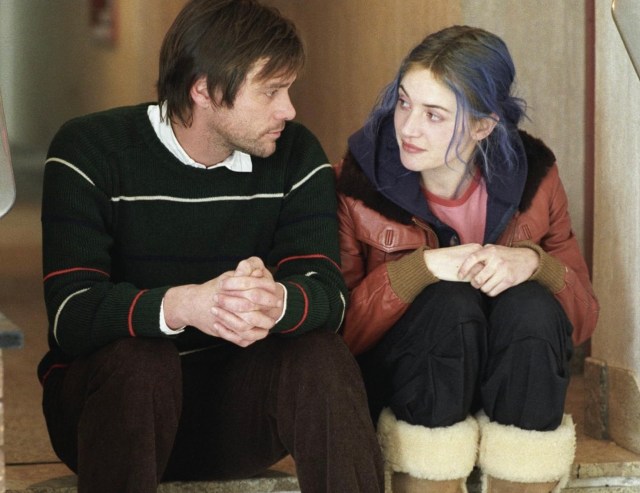
If that doesn’t sound like the recipe for a luxurious night in with your loved one, you’re probably right. But there’s more.
As he undergoes the treatment, Joel – well, a theoretical version of him – soars through his consciousness and periodically extirpates Clementine from his brain. It’s maddening for both him and viewers. Still, the narrative rewards are so rich, especially after Joel has a change of heart. After revisiting his sunniest days with Clementine, he decides not to snuff out her light. He races against the clock to stop the procedure and preserve what remains of his greatest romance.
Now, we won’t spoil what comes next. You might actually pick this for your Valentine’s watch, after all. But suffice it to say that this movie never lets up, exactly. It refuses to hide the reality of its central pair: They’re messy, prickly, damaged, and possibly wrong for each other. And yet, relationships are like that. One day, you wonder if you’re doing everything wrong; the next, you swear eternal love to each other. You work out the kinks and try, try again. If you truly love a person, you accept them, eternally, even when the days aren’t sunny. That’s true love, and that’s what Valentine’s Day is really about.
